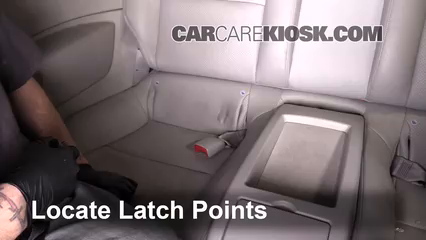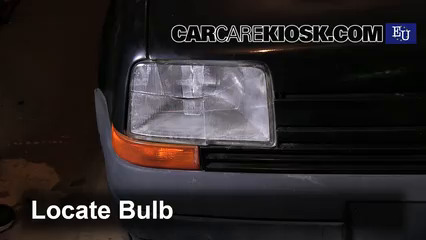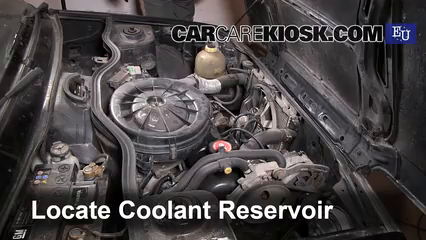Coolant Flush How-to: 1990 Renault 5 TL Campus 1.4L 4 Cyl.
Renault 5 Model Years - 1984, 1985, 1986, 1987, 1988, 1989, 1990, 1991, 1992, 1993, 1994, 1995, 1996
How to drain coolant and do a radiator flush
Hans Angermeier is an ASE certified Maintenance and Light Repair Technician and has produced over 100,000 videos showing drivers how to fix things on their cars. He has broad expertise on basic repair procedures covering the majority of cars on the road. Over the past 10 years, Hans has been focused on building CarCareKiosk, which is visited by millions of drivers each month.
- Honda City helped make these videos
- Feedback
- Download Renault owners manuals
Learn how to flush the coolant (antifreeze) in your 1990 Renault 5. Coolant / antifreeze circulates through 5 radiator and engine to maintain the proper temperature. Coolant / antifreeze also passes through the heater core under your cowl to provide heat to the cabin of your 5. In addition to preventing your car from overheating, coolant / antifreeze also helps lubricate the seals in the water pump and hoses. Start your coolant flush by draining the coolant / antifreeze that is in your reservoir, then drain the coolant that is in your radiator by opening the petcock or removing the lower radiator hose. This video shows where the radiator drain plug (petcock) is located on a 1990 Renault 5. Fill up the radiator with distilled water and run the engine. Turn off the engine and drain the water, fill up the radiator with antifreeze until you have a 50/50 coolant / distilled water mixture and burp the system.
Like the oil in your 5, coolant gets dirty over time and loses its ability to cool down your 1.4 liter engine. When you flush your coolant, which is antifreeze, on your 1990, you are draining out all of the old dirty coolant and preventing costly radiator and cooling system repair down the road. The video above shows you where the petcock on your radiator is located, how to flush the coolant / antifreeze and how to burp the system to get the air out of your 5.
Coolant is toxic and animals are attracted to the sweet taste of coolant (antifreeze). If you spill coolant when you flush your 5, be sure to put down cat litter to soak it up to discard it. Flushing the coolant on a regular basis removes gunk and mineral deposits from your engine, while prolonging the life of your heater core, thermostat, hoses and water pump.
- Advance Auto coupon for
20% off entire order: KIOSK20















 STOP AND SEAL LEAKS
STOP AND SEAL LEAKS EXTENDS A/C LIFE
EXTENDS A/C LIFE PROTECTS AGAINST A/C WEAR
PROTECTS AGAINST A/C WEAR